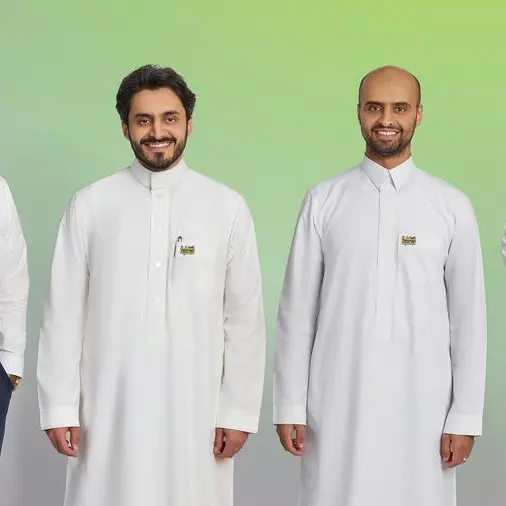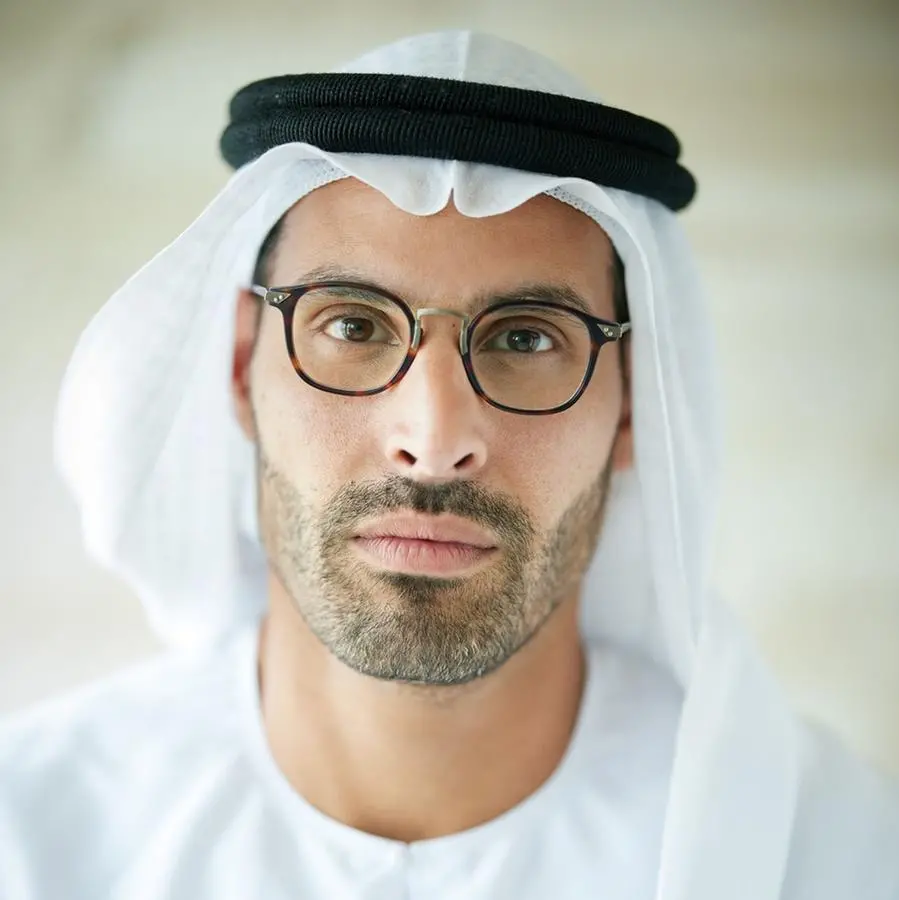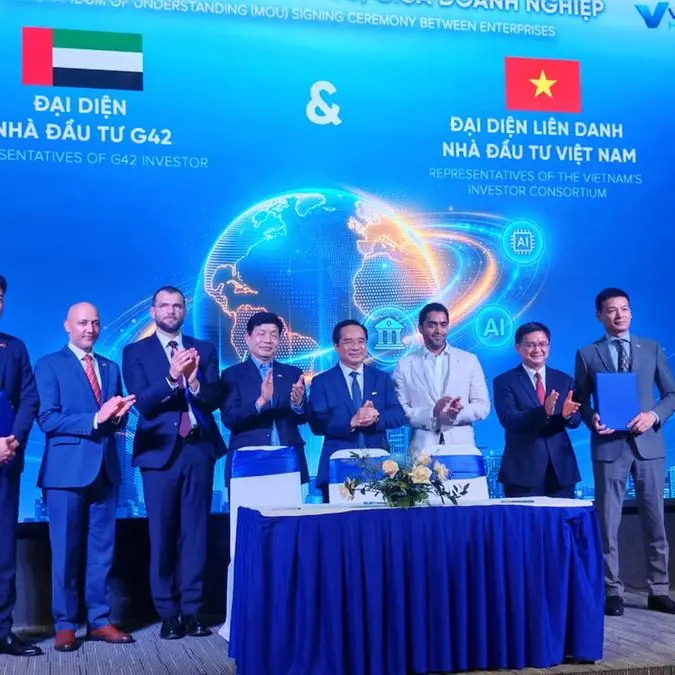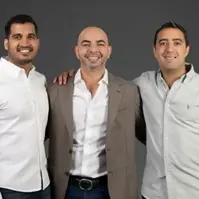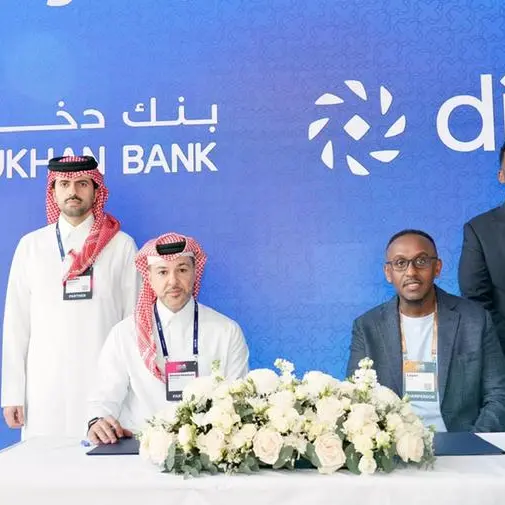Dubai, United Arab Emirates: Diabetes is now considered a pandemic, with 1 in 10 adults living with this chronic severe condition — almost 1 million adults in the United Arab Emirates (UAE) have diabetes. This number is expected to increase to nearly 1.2 million over the next nine years. Moreover, statistics released from health authorities show that people currently living with diabetes are not getting better. Most diabetics (75%) in the UAE have poorly controlled diabetes, and diabetes-related deaths have tripled over the last decade. Although diabetes screening is a mandated benefit by law, the UAE experiences one of the highest rates of undiagnosed diabetes at 64%. These impressive numbers tell us that existing health care approaches, both in terms of screening and managing, are insufficient for the detection and treatment of diabetes. The long-term care necessary for diabetes patients costs the UAE almost 7.3 billion AED annually, with a minimum expected cost of 20.2 billion AED once the undiagnosed numbers start requiring treatment for complications. Expenditure on diabetes in the last ten years has increased by nearly 20% and will only continue to rise (International Diabetes Federation).
A Sobering Outlook for the Future
In addition to affecting the current population, diabetes impacts future generations in the UAE. One out of four live births is affected by hyperglycemia due to gestational diabetes. “Despite advances in medications, treatment therapy, technology, etc., the UAE's population is now more diabetic and poorly controlled than at any other time since statistics were recorded,” noted Ali Hashemi, Co-founder and Chairman of GluCare.Health, a hybrid digital therapeutics platform that is currently solving the diabetes pandemic using a novel model of care. The UAE is experiencing unprecedented health impacts and costs related to diabetes, and the vast percentage of undiagnosed cases will have a catastrophic effect on healthcare costs. Overall, the diabetes pandemic is expected to impact the socio-economic well-being of the UAE negatively. Available healthcare providers have fallen short in their efforts to treat and prevent diabetes. “It is easy to blame patients and their lifestyle choices; however, we believe this pandemic has been escalated by how current diabetes providers behave and their failure to innovate in new models of care,” Hashemi explained. “Current healthcare facilities do not transparently record their outcomes and are not incentivized to improve outcomes in a fee-for-service model. New ways to innovate diabetes care are required. Otherwise, nothing will change, and we will continue to see rising numbers of patients, complications, and costs. '
Revolutionizing Diabetes Care: Humans and Machines Working Together
The dramatically increasing diabetes numbers without patient improvement demonstrate that the current practice in the UAE is insufficient to impact the trajectory of the disease. Experts believe that diabetes is poorly controlled in the UAE due to misaligning patient needs and provider compensation. Providers are reimbursed for sicker patients, so providers have no monetary incentives to change the behavior of their patients. Moreover, patient support through education on lifestyle changes, such as from a nutritionist, is not reimbursed by the insurance company, so providers have no incentive to provide these services. Additionally, critical medical devices such as continuous glucose monitors are expensive, and insurance companies are resistant to pay for them. GluCare.Health combines constant monitoring of patient symptoms and lifestyle with a personalized care team to manage type 1 or type 2 diabetes accurately. “GluCare.Health has re-invented a new model of care that shifts diabetes care from episodic to continuous through digital therapeutics. This has resulted in an average reduction in HbA1c of 2.14% in just 90 days.
In comparison, the average reduction of a large diabetes center based in Abu Dhabi (self-reported data) resulted in just 0.9 % over ten years, and the average patients are still classified as poorly controlled,” said Hashemi. The key to GluCare’s success? “Both humans and machines are involved in the GluCare model of care,” Hashemi explained.
Under this care model, patients receive in-person care during appointments and remote monitoring to ensure they are not alone in their journey to manage their lifestyle and their diabetes. “The GluCare model utilizes remote continuous data monitoring as a standard model of care,” Hashemi explained. “The new data sources allow us to continuously engage patients, leading to sustained behavioral change and vastly improved outcomes.” Continuous monitoring empowers patients to take control of their diabetes and make life-saving choices on a day-to-day basis. “The UAE has been an important launch market for us since the problem is so prevalent here. This care model has proven so successful and significantly better than the traditional options that we are now looking at expanding GluCare Health internationally,” Hashemi added.
For more information on GluCare, visit www.Glucare.Health
-Ends-
About Glucare Integrated Diabetes Center:
The first diabetes clinic of its kind globally, GluCare is reinventing diabetes care and transforming lives. Conceptualized in the UAE and opening the doors to its state-of-the-art 10,000 sq foot Dubai clinic in September 2020, it is the world’s first healthcare provider to empower both clinicians and patients through Remote Continuous Data Monitoring as part of its standard model of care, an innovative and highly personalized ‘continuous healthcare’ approach that provides a comprehensive, and real-time view of patients. As part of its unique model, GluCare is also an early adopter of - and the region’s first clinic to use - Digital Therapeutics (DTx), combining it with wearable and innovative technology, artificial intelligence, unique in-clinic workflows, and a caring and connected expert care team. Applying technology as a humanizing force, GluCare’s team partners with diabetes patients and their families, giving them the tools, knowledge, and continuous support to live longer, healthier, and more fulfilling lives. www.glucare.health
Glucare Online
- Facebook: @Glucare.Health
- Instagram: @Glucare.Health
- LinkedIn: https://www.linkedin.com/company/glucarehealth
- Website: www.glucare.health
Glucare Contact Details & Opening Hours
- Email: info@glucare.health
- Address: 268 Al Wasl Road, Dubai, United Arab Emirates (Parking Onsite at Level B)
- Hours:
- Sunday – Wednesday: 8 am to 6 pm
- Thursday - Friday: 8 am to 12 pm
- Saturday: 8 am to 6 pm
For more information or to request interviews or high-res images, please contact:
Luisa Toledo Sato
Head of Marketing GluCare Integrated Diabetes Center
E: luisa@glucare.health
© Press Release 2022
Disclaimer: The contents of this press release was provided from an external third party provider. This website is not responsible for, and does not control, such external content. This content is provided on an “as is” and “as available” basis and has not been edited in any way. Neither this website nor our affiliates guarantee the accuracy of or endorse the views or opinions expressed in this press release.
The press release is provided for informational purposes only. The content does not provide tax, legal or investment advice or opinion regarding the suitability, value or profitability of any particular security, portfolio or investment strategy. Neither this website nor our affiliates shall be liable for any errors or inaccuracies in the content, or for any actions taken by you in reliance thereon. You expressly agree that your use of the information within this article is at your sole risk.
To the fullest extent permitted by applicable law, this website, its parent company, its subsidiaries, its affiliates and the respective shareholders, directors, officers, employees, agents, advertisers, content providers and licensors will not be liable (jointly or severally) to you for any direct, indirect, consequential, special, incidental, punitive or exemplary damages, including without limitation, lost profits, lost savings and lost revenues, whether in negligence, tort, contract or any other theory of liability, even if the parties have been advised of the possibility or could have foreseen any such damages.
